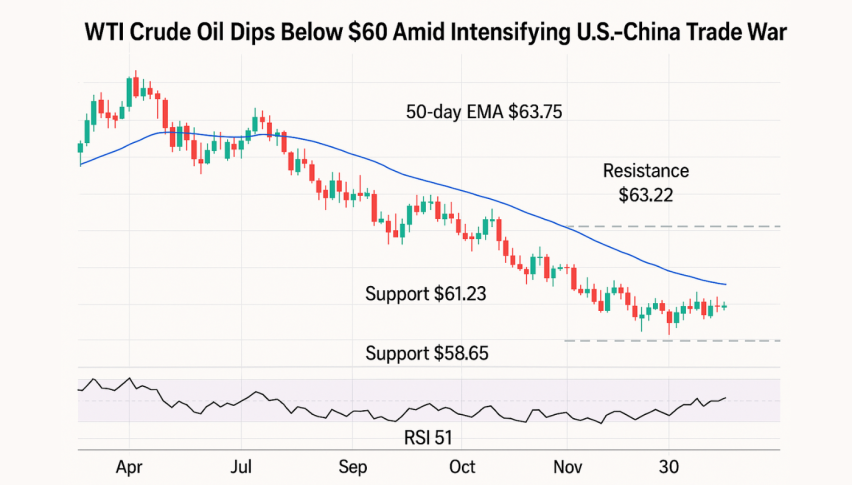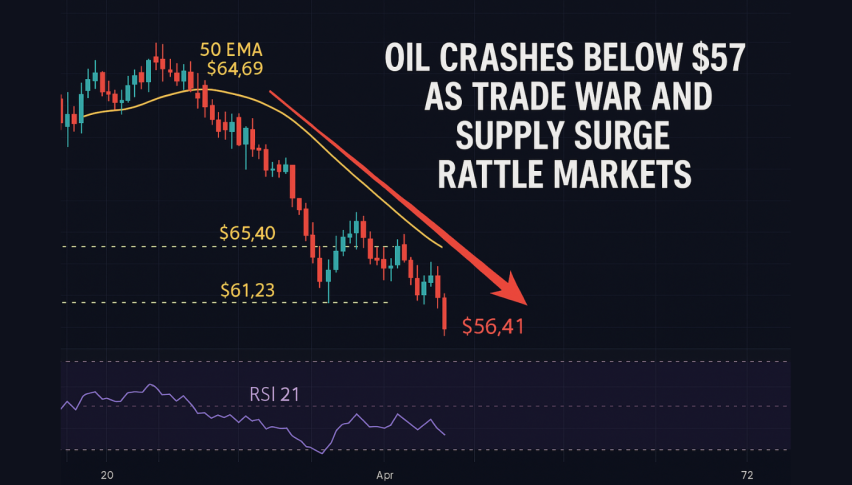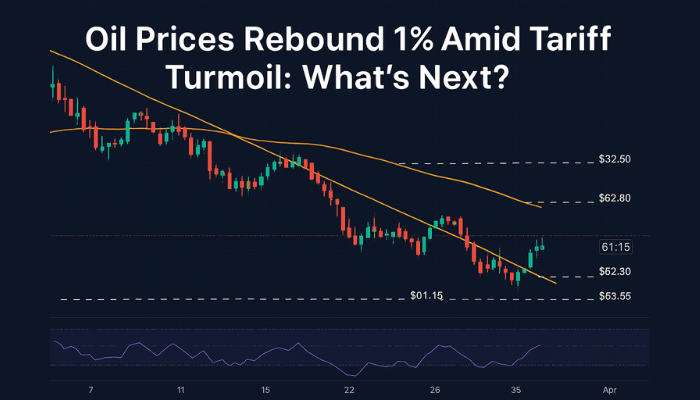Why market is bullish on Crude Oil
Goldman Sachs estimates that a negative impact on Iranian output may cause oil prices to increase by $20 per barrel. U.S. petroleum futures declined significantly this week due to concerns that Israel will strike Iran’s oil industry in retaliation for Tehran’s missile test earlier this week.

“If you were to see a sustained 1 million barrels per day drop in Iranian production, then you would see a peak boost to oil prices next year of around $20 per barrel,” states Daan Struyven, co-head of global commodities research at Goldman Sachs.
This is assuming, says Struyven, that OPEC+, the oil cartel, does not decide to respond by increasing production.
However, there hasn’t been much price rally since the Israel-Hamas military conflict started on October 7 of last year. The U.S.’s increasing output and China’s slow consumption have kept oil prices under pressure. But this week, things might be changing in that regard.
As tensions in the region increased following Iran’s ballistic missile attack on Israel, U.S. crude oil prices recently experienced rises for a third straight session. Industry observers have raised the alarm, alerting people to a serious supply concern.
Iran is a major player in the world oil market. It produces nearly four million barrels of oil a day, and 4% of the global supply could be in jeopardy if Israel decides to launch a counterattack and targets Iran’s oil infrastructure.
Iran has previously threatened to obstruct traffic across the Strait of Hormuz, amid any attack on its oil industry.
The strait between Oman and Iran is a critical corridor through which nearly one-fifth of the world’s daily oil production passes, according to the U.S. Energy Information Administration. This strategically crucial canal connects crude oil producers in the Middle East with key world markets.
Although some industry analysts think that OPEC+ has enough spare capacity to replace a disruption in Iranian exports if Israel targets its oil infrastructure, the Middle East, particularly the Gulf states, still has the majority of the world’s spare oil capacity, which could be at risk if a larger conflict intensifies.



